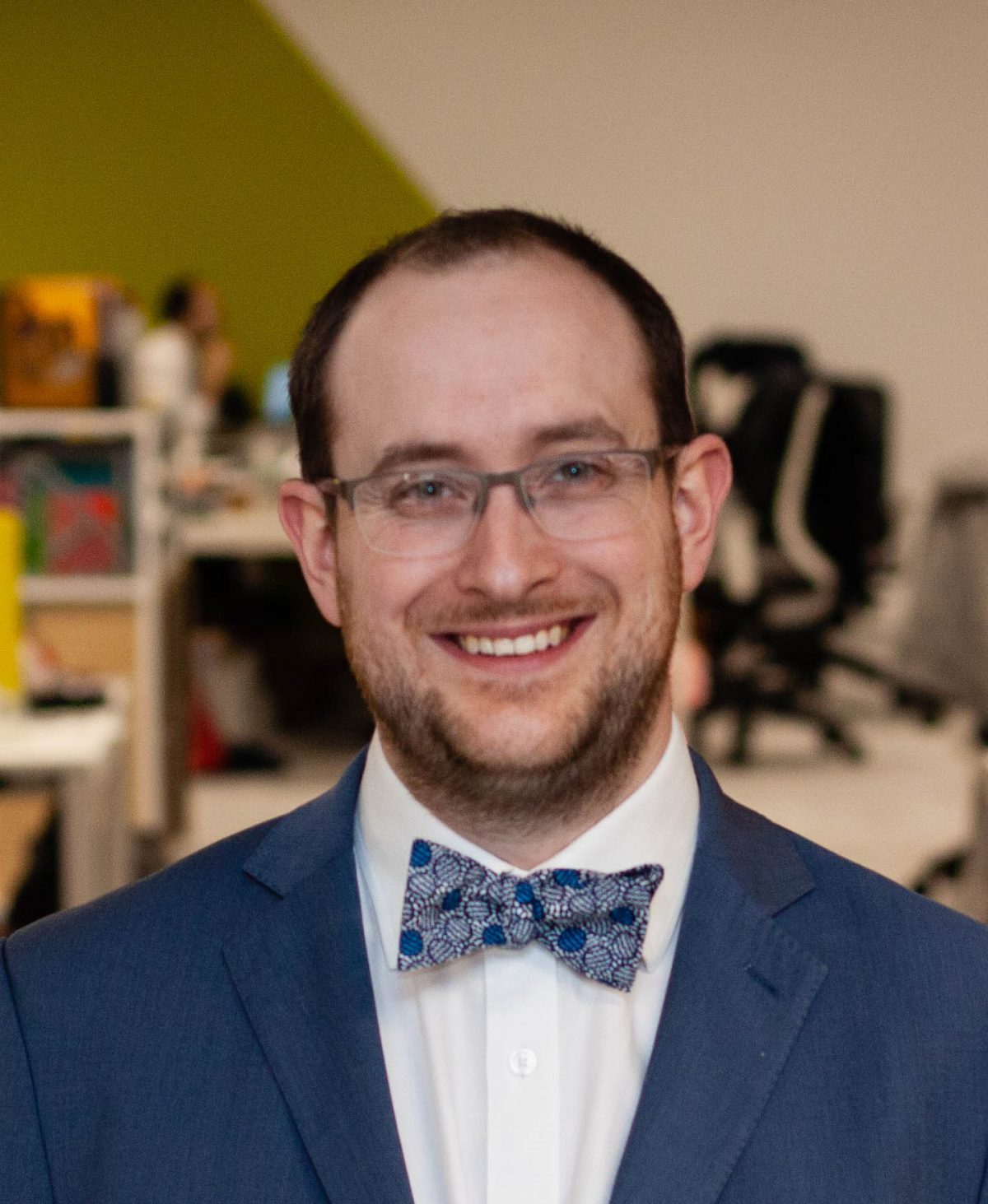Today is my first day as the Executive Director of the What Works Centre for Children’s Social Care, here in our new office near Victoria station in London. As followers of our blog and newsletter will have seen, we’ve been moving quickly to put together the Centre’s team, and I’m really pleased to say we’ve been able to bring together an excellent group of people across our operations, research, and programmes teams – and we’re currently recruiting for our head of practice to round out our senior team.
I’m aware of the amazing opportunity that the Centre has to make a real, transformational change. We’ve only got one shot to get this right. We need to send a positive message about what we’re about to the sector – that’s why my catchphrase for the last three months, as I’ve gradually been transitioning into the role and getting to grips with all the amazing work the Centre’s incubator team has done so far, has been ‘Starting as we mean to go on’.
I think we’re off to a good start. Our research partners at Cardiff University have already conducted reviews of the evidence on several fronts, including concluding that there’s currently little or no causal evidence of the effectiveness of Signs of Safety – with more reviews to follow. Back in December, we announced our partnership with the Education Endowment Foundation, with whom we’ll be re-analysing all of their historic trials to find out what works best to support the education of young people in contact with the children’s social care system. Also last month, we launched our programme of work supporting happier, healthier professionals, a collaboration with Harvard Business School and UCL’s School of Management. And already in January, we’re gearing up to launch two new initiatives, focusing on artificial intelligence, and a call to take part in our trial of Schwartz rounds — which are widely used in medicine to support professional well-being – in social care.
Alongside this, we’re now forging ahead with the pilot studies being conducted in six local authorities in our change projects – testing the effects of placing social workers into schools, and of devolving an amount of spending power to social workers themselves. Kick-off meetings for these projects are taking place around the country this week, and full research protocols will be published shortly – as will all our research plans – on our website.
As a What Works Centre, our job is to collate, produce and interpret research about ‘what works’ in children’s social care. Sometimes, this is going to mean that things we thought would work – and which might be common place in social work practice – actually either don’t offer value for money, or in some cases make no difference at all to young people’s outcomes. These may be difficult conversations to have, but it’s going to be our job to report what we find honestly and without fear or favour.
That’s obviously a part of our commitment to evidence, but it’s also to do with our other overriding value as a centre – service. The goal of our researchers and everything we do, needs to be focused on placing ourselves at the service of the children and families that our research is to support, and towards the social workers and other professionals who work day after day to achieve those outcomes. I have always believed that research, in academia, in government, or in organisations like the What Works Centre, is only as valuable as it is useful. If what we’re producing can’t help a social worker, or their managers, or directors of children’s services, or officials and ministers in the Department for Education, to make better choices in their jobs, we are failing at our mission.
I’m incredibly excited to get to work on offering the best possible service we can, and really helping to make a difference in the world. We have our #IuseEvidence event on 30 January in Birmingham, and I’m hoping to meet some of you there – and if you can’t make it, I’m sure we’ll speak again soon.

